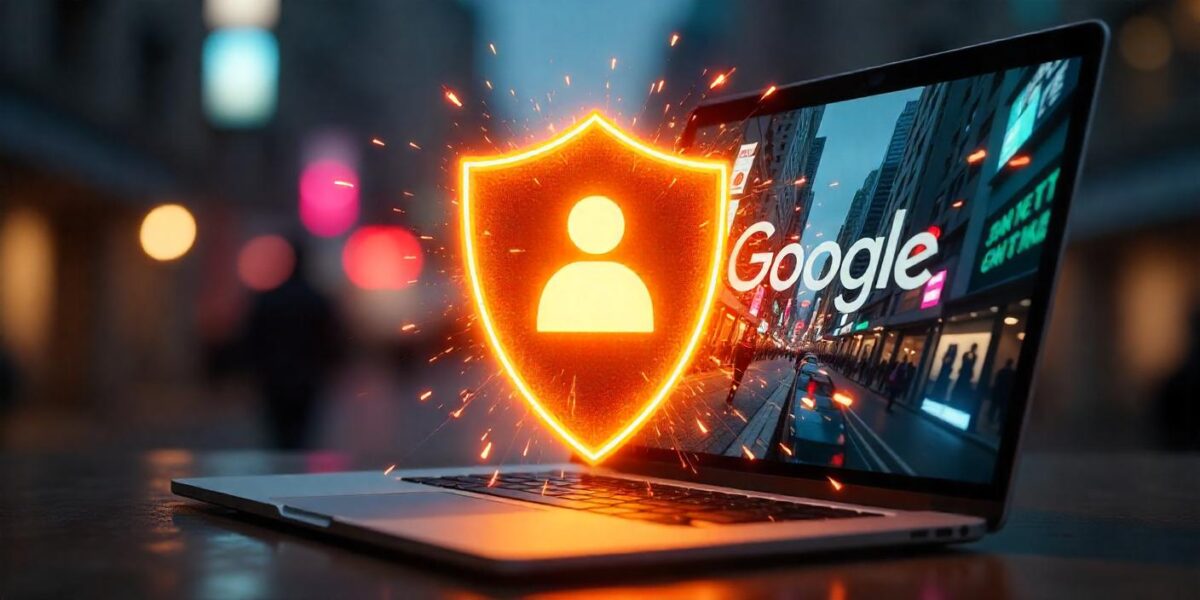Priya was starting her day. She opened her laptop to check her ad campaigns, something she did every morning. But this time, there was a big red message on her screen.
“Your account has been suspended.”
“What? Again?” she whispered to herself, rubbing her forehead. It was the second time in a month. And she wasn’t even doing anything wrong.
But Priya wasn’t the only one. Google has been on a cleaning spree—and a lot of advertisers, even the genuine ones, are feeling the heat.
What’s Going On?
In 2024, Google blocked over 5 billion ads and suspended over 39 million advertiser accounts.
Yes, billion with a B.
That’s three times more accounts than they suspended in 2023. Something big is happening.
And the reason? Scams.
Fake investment ads, deepfake videos of celebrities promoting shady apps, copied logos of banks and insurance companies, scammers have been running wild, and Google has finally decided to take strong action.
Scammers Have Gotten Smarter
Here’s the scary part. These scams look real. They use artificial intelligence (AI) to create videos that look like real celebrities talking.
My cousin sent me a clip last week of a well-known cricketer “recommending” an app to earn money quickly.
“Should I try this?” he asked.
“No way,” I told him. “That’s not even real. It’s a deepfake. Just another scam.”
And that’s happening everywhere. Google caught more than 700,000 accounts that were pretending to be someone else using fake AI-generated content.
Some Big Numbers from Google’s Crackdown
Here are a few things Google found:
- 793 million ads were blocked for ad network abuse
- 503 million for using someone else’s brand name without permission
- 491 million for personal ad misuse (like showing wrong ads to people)
To deal with all this, Google has now made advertisers verify their identity in over 200 countries. So now, it’s harder for scammers to hide behind fake accounts.
But even with all these steps, some bad ads still manage to slip through.
Many of these scam ads are coming from countries in South and Southeast Asia.
Some of them look like job ads. Others claim to help you get a loan or insurance. But once you click on them, they either steal your data or make you download harmful apps.
Why This Matters to You and Me
Let’s be honest. Google didn’t start this crackdown just out of kindness. But that doesn’t matter. What matters is, finally, there’s some action being taken.
However, scammers are not going away so easily. As Google improves, it finds new ways to cheat the system.
That’s why we, users, customers, and advertisers, need to stay aware.
If something looks too good to be true, it probably is. If you see a celebrity promoting a quick-money app, think twice. And always double-check links before clicking.
Final Thoughts
In today’s world, the only way to stay safe is to be more aware. Scams are everywhere, and they’re only getting trickier.
The best thing we can do? Keep learning. Keep asking questions. And help others stay safe, too.
Even though Google blocked 5 billion ads, the fight isn’t over yet.







